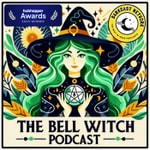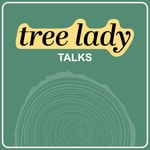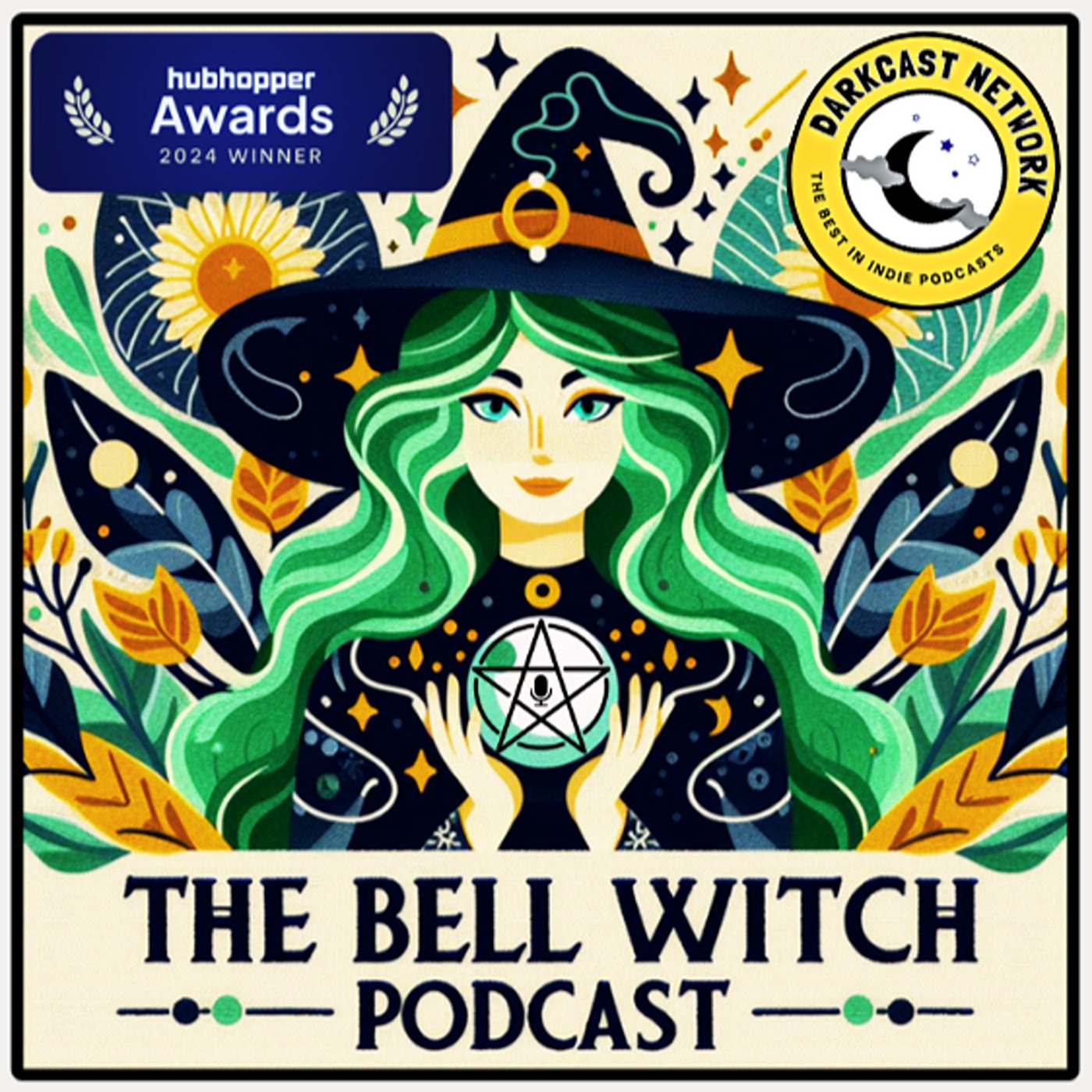SUGi Talks – Details, episodes & analysis
Podcast details
Technical and general information from the podcast's RSS feed.

SUGi Talks
SUGi
Frequency: 1 episode/33d. Total Eps: 22

Recent rankings
Latest chart positions across Apple Podcasts and Spotify rankings.
Apple Podcasts
🇺🇸 USA - nonProfit
30/06/2025#75🇬🇧 Great Britain - nonProfit
17/06/2025#82🇬🇧 Great Britain - nonProfit
16/06/2025#66🇬🇧 Great Britain - nonProfit
15/06/2025#59🇬🇧 Great Britain - nonProfit
14/06/2025#48🇬🇧 Great Britain - nonProfit
13/06/2025#44🇬🇧 Great Britain - nonProfit
12/06/2025#25🇫🇷 France - nonProfit
24/05/2025#88🇫🇷 France - nonProfit
23/05/2025#74🇨🇦 Canada - nonProfit
22/05/2025#90
Spotify
No recent rankings available
Shared links between episodes and podcasts
Links found in episode descriptions and other podcasts that share them.
See all- https://www.sugiproject.com/support
20 shares
- https://www.sugiproject.com/
8 shares
- https://cloudgardeneruk.co.uk/
5 shares
RSS feed quality and score
Technical evaluation of the podcast's RSS feed quality and structure.
See allScore global : 43%
Publication history
Monthly episode publishing history over the past years.
Losing Eden: Why our minds need the wild with Lucy Jones
vendredi 16 août 2024 • Duration 36:53
What would happen our minds if one day we woke up to a world with no trees, forests, or even grass? If birds and butterflies were a thing of the past, and green spaces were non-existent. What if our only experience of Nature was through a simulation on a screen?
This is the stark future depicted in the opening of Lucy Jones’s book Losing Eden: Why Our Minds Need the Wild. It traces her own journey through addiction and depression, recalling the healing impact of Nature in her own recovery while diving deep into the studies and research that point to why being in Nature makes us feel good.
In this episode of SUGi Talks we speak to Lucy about why she felt compelled to write Losing Eden, and together we explore the research that explains the science behind our profound connection to the living world.
Make sure you like and subscribe wherever you get podcasts for more SUGi Talks. 🌿
Wildlife Corridors: How one Forest Maker is creating habitat for endangered species in Queensland, Australia.
vendredi 12 juillet 2024 • Duration 33:13
Roaming the lush rainforests of Northern Queensland and Papua New Guinea, the Cassowary bird is a striking sight to behold. Resembling something like an exquisite dinosaur at 6 feet tall, this at-risk flightless bird is now in a fight for survival. As a keystone species, the Cassowary is facing endangerment due to the fragmentation of its habitat by development and industrial agriculture.
On this episode of SUGi Talks, we speak with SUGi Forest Maker Brett Krause.
Since 2014, with our support, Brett has been planting Miyawaki forests in Tropical North Queensland as a way to create habitats for endangered species like the Cassowary and the Mahogany Glider.
Together we’ll speak about how he went from growing up on a sawmill witnessing deforestation, to now leading the way on Miyawaki forest building in Northern Australia.
Make sure you like and subscribe wherever you get podcasts for more SUGi Talks. 🌿
More info: SUGi: https://www.sugiproject.com
The Mycorrhizal Network: Do trees really speak to each other?
jeudi 16 novembre 2023 • Duration 36:34
SUGi Talks 🌿 EP06: The Mycorrhizal Network: Do trees really speak to each other?
Did you know that underneath the forest floor a sophisticated network of fungi forms a secret super highway between plants? Carrying resources and chemical messengers, this highway acts as a mysterious support system allowing trees to communicate and share material.
The Mycorrhizal Network, or the Wood Wide Web, was popularised by Dr. Suzanne Simard in her book “Finding the Mother Tree”.
On this episode of SUGi Talks we speak with our SUGi Forest Maker in Chile: Gabriel Orrego, who is also a former student of Dr. Simard and the co-founder of Symbiótica.
Together, we’ll explore this secret system of cooperation underneath our feet.
Thank you Gabriel!
Make sure you Like and Subscribe wherever you get podcasts for more SUGi Talks. 🌿
Donate: https://www.sugiproject.com/
Community: How a Miyawaki Forest at Yakama Nation is healing generations.
jeudi 16 novembre 2023 • Duration 34:32
SUGi Talks 🌿 EP05: Community: How a Miyawaki Forest at Yakama Nation is healing generations.
Since time immemorial the traditional lifeways of the Yakama people have been deeply rooted in the natural world. However, the ongoing trauma inflicted on the community has left this connection to the land fractured, with indigenous knowledge dwindling amongst many of the younger generations.
In 2020 Chief Alvarez, of the Yakama Nation Corrections & Rehabilitation Facility, was looking for ways to help the inmates reconnect to the land and plants that once shaped their culture.
Turning to the Miyawaki Method for its communal methodology and ingenuity in creating rapid-growth native forests, he contacted our SUGi forest maker Ethan Bryson. Together with the inmates and the guidance of traditional gatherer Marylee Jones, they built the Healing Forest, with the support of SUGi.
On this episode of SUGi Talks, we speak to Marylee Jones and Ethan Bryson about the growing impact of the forest on the community there.
Make sure you Like and Subscribe wherever you get podcasts for more SUGi Talks. 🌿
Donate to SUGi: https://www.sugiproject.com/
The Miyawaki Method: A brief history of life-saving forests with Professor (Dr) Kazue Fujiwara
jeudi 14 septembre 2023 • Duration 40:00
SUGi Talks 🌿 EP04: The Miyawaki Method: A brief history of life-saving forests with Professor (Dr) Kazue Fujiwara.
In the 1970s, Japan was undergoing an industrial boom. As the skies filled with smog and pollution soared, public health became a grave concern.
In response Professor (Dr) Akira Miyawaki turned to native forests. Understanding their power in mitigating pollution and natural disasters, he developed The Miyawaki Method as a means to rapidly build dense biodiverse forests.
Professor (Dr) Kazue Fujiwara was instrumental in the development of the Miyawaki Method, collaborating closely with Miyawaki right up until he retired. Today she is a vital guardian of the method traveling the world educating people about the power of Miyawaki forests.
Together we dive into the history of the method and understand just how exactly these robust forests can protect life.
Thank you Professor (Dr) Kazue Fujiwara.
Make sure you Like and Subscribe wherever you get podcasts for more SUGi Talks. 🌿
India’s Lost Desert Forests: Can life thrive in the desert?
Season 1 · Episode 2
vendredi 14 juillet 2023 • Duration 27:49
SUGi Talks 🌿 EP02: India’s Lost Desert Forests: Can life thrive in the desert?
Rajasthan, the Desert State of India, has always been considered barren land. Because of this misconception it has become one of the most ignored places for ecological restoration. However ancient literature and fossils have shown that there were once forests where the Thar Desert now resides. Today our Forest Maker Gaurav Gurjar is on a mission to restore a piece of these lost desert forests, but can life really thrive in the desert?
On this episode of SUGi Talks we speak to Gaurav. He is a jungle tree expert at Afforestt and the Director of the Maruvan Foundation in Rajasthan. Over the past few years, Gaurav has been restoring an area of India’s lost desert forest, and with the support of SUGi he’s begun the second 4,000 sqm phase of the project. Living on the land, enduring intense heat and drought, Gaurav has worked tirelessly to harness the elements in order to restore the land, and the results are astonishing. We talk about the power of deep observation, ancestral wisdom, and how as a society we could live in better harmony with Nature to create abundance for all.
Make sure you Like and Subscribe wherever you get podcasts for more SUGi Talks. 🌿
With thanks to Gaurav Gurjar.
More info:
SUGi: https://www.sugiproject.com/
Gaurav Gurjar: https://www.sugiproject.com/forest-makers/gaurav-gurjar
Urban Biodiversity: Can Pocket Forests save our cities?
Season 1 · Episode 1
vendredi 16 juin 2023 • Duration 32:00
SUGi Talks 🌿 EP01: Urban Biodiversity: Can Pocket Forests save our cities?
Our cities are expanding. Green spaces are being gobbled up by concrete and asphalt. And what is the cost of this rapid urbanisation? Why do we need Nature in our cities? How can urban forests help biodiversity and community wellbeing?
On this episode of SUGi Talks, we meet James Godfrey-Faussett. As SUGi’s lead Forest Maker, James manages our global urban Pocket Forest and afforestation efforts. In the UK alone he has planted 20 forests, including the UK and Europe's biggest Miyawaki forest in Barking and Dagenham. Focussing on cities and the chronic lack of biodiversity in our urban areas, we reimagine what healthy cities could look like. Alongside this, we speak about the healing power of Nature and the UK’s at-risk temperate rainforest biome.
Make sure you Like and Subscribe wherever you get podcasts for more SUGi Talks. 🌿
With thanks to James Godfrey-Faussett.
Support Nature-based Solutions that build biodiversity, climate resilience, and wellbeing in cities. 🌿 https://www.sugiproject.com/support
Project Links:
Southbank Centre — Natura Nostra Forest
https://www.sugiproject.com/projects/southbank-natura-nostra-forest
Koswik Law — A temperate rainforest in Cornwall
https://www.sugiproject.com/projects/koswik-law
Ancestral Forest — Wonderfruit's interactive festival forest
https://www.sugiproject.com/projects/ancestral-forest
Moment EP03: Pocket Forests are a proven way to help cities combat the urban heat island effect.
vendredi 14 juin 2024 • Duration 09:25
Our cities are heating up, and fast. Rising global temperatures means the urban heat island effect in our cities will be amplified. Trees are a proven way to help cities combat this growing issue.
On this excerpt of SUGi Talks we speak to Dr. Grey Coupland.
Grey is our lead scientist at SUGi, and she holds the key to the rich data behind our Pocket Forests. With a PhD in ecology, her most recent work is dedicated to investigating the use and effectiveness of Miyawaki forests in cities, specifically their impact on cooling, biodiversity and wellbeing.
Together we’ll speak about the hard data our Miyawaki Forests.
Thank you Dr. Grey.
Make sure you Like and Subscribe wherever you get podcasts for more SUGi Talks. 🌿
Reclaiming Beirut: Using Miyawaki Forests to green Beirut and restore hope in the city
mercredi 15 mai 2024 • Duration 48:50
In 2019, after decades of corruption, intense pollution and a severe economic collapse, protestors flooded the streets of Beirut demanding change. Amongst them was environmental architect and one of our first SUGi Forest Makers, Adib Dada.
Deep into the revolution, Adib was in the second phase of his RiverLESS SUGi Pocket Forest, a project he designed with SUGi to help regenerate The Beirut River and reclaim it as a public space. On the anniversary of Lebanon’s Independence Day, after a protest at Martyrs Square, he took people directly from the streets and brought them to plant trees on the banks of The Beirut River.
In this episode of SUGi Talks, we speak with Adib Dada about how he is planting Miyawaki forests in Beirut to tackle pollution, reclaim public space and restore hope in the Lebanese people. Together we speak about the monumental challenges the city faces, and how communities have come together to find alternative paths forward.
Make sure you like and subscribe wherever you get podcasts for more SUGi Talks. 🌿
Moment EP05: Healing the Earth; it's like we’re all dancing to the same music.
lundi 15 avril 2024 • Duration 17:42
“I can remember walking out and there being rocks here and there. The dirt was just powder; there wasn’t even weeds growing. After Ethan did all of the things with the soils. It’s beautiful because we’re rebuilding what was already here.
Think of when an eagle that went and caught a salmon, ate it and then left some of its remnants; that’s exactly what we are doing here. Because those are the nutrients that the soil needs.
Little by little not only did the plants grow but we started to have rabbits, frogs, mushrooms. I mean it’s own community. The relationship isn’t just powerful for people it’s healing the Earth, and it’s like we’re all dancing to the same music. Seeing the beauty of this garden, the reconnection of culture, identity, it’s great.”
— Marylee Jones, Gatherer and Member of the Yakama Nation
With thanks to Marylee Jones & Ethan Bryson
Make sure you Like and Subscribe wherever you get podcasts for more SUGi Talks. 🌿
SUGi: https://www.sugiproject.com/support





